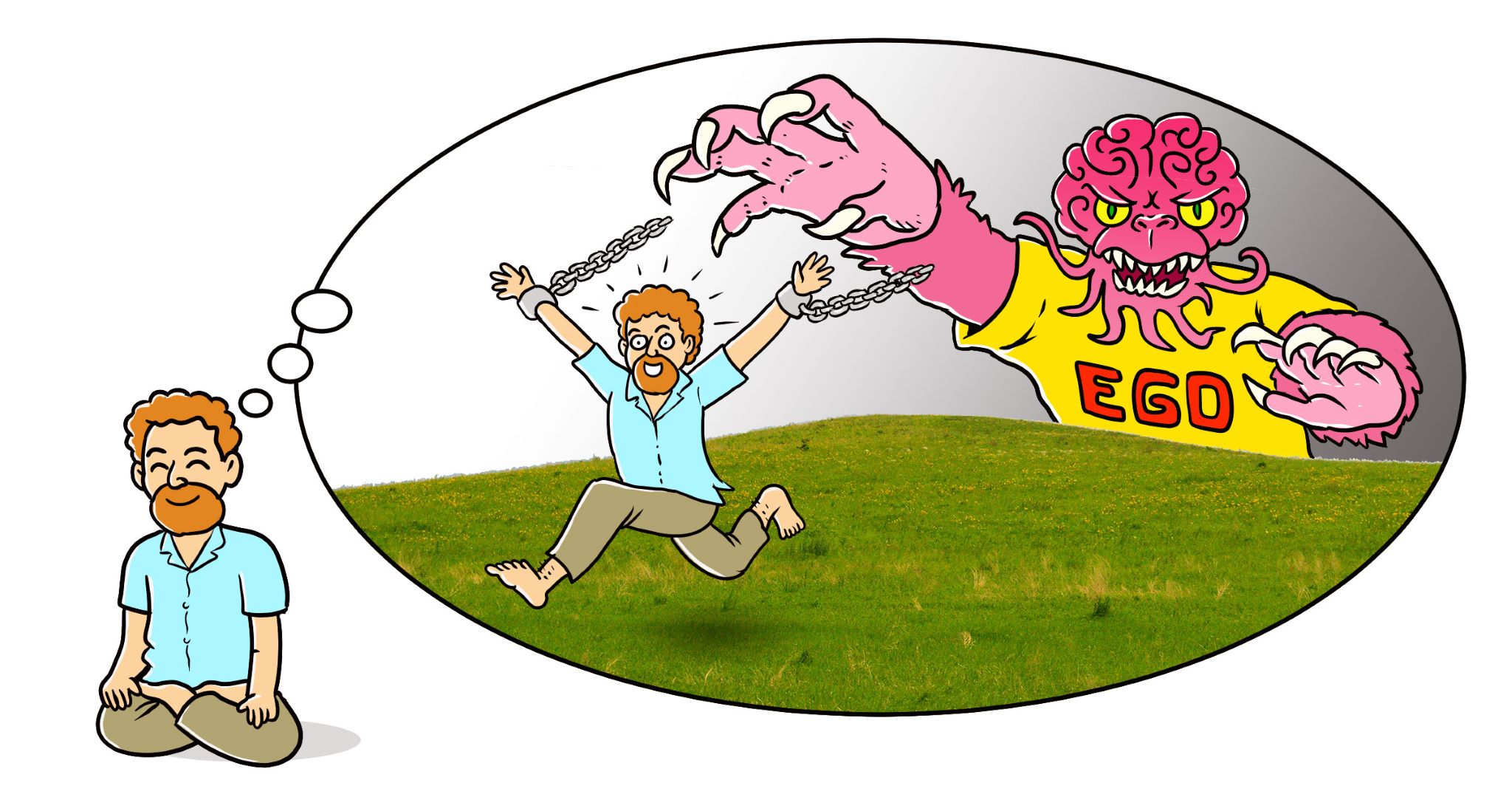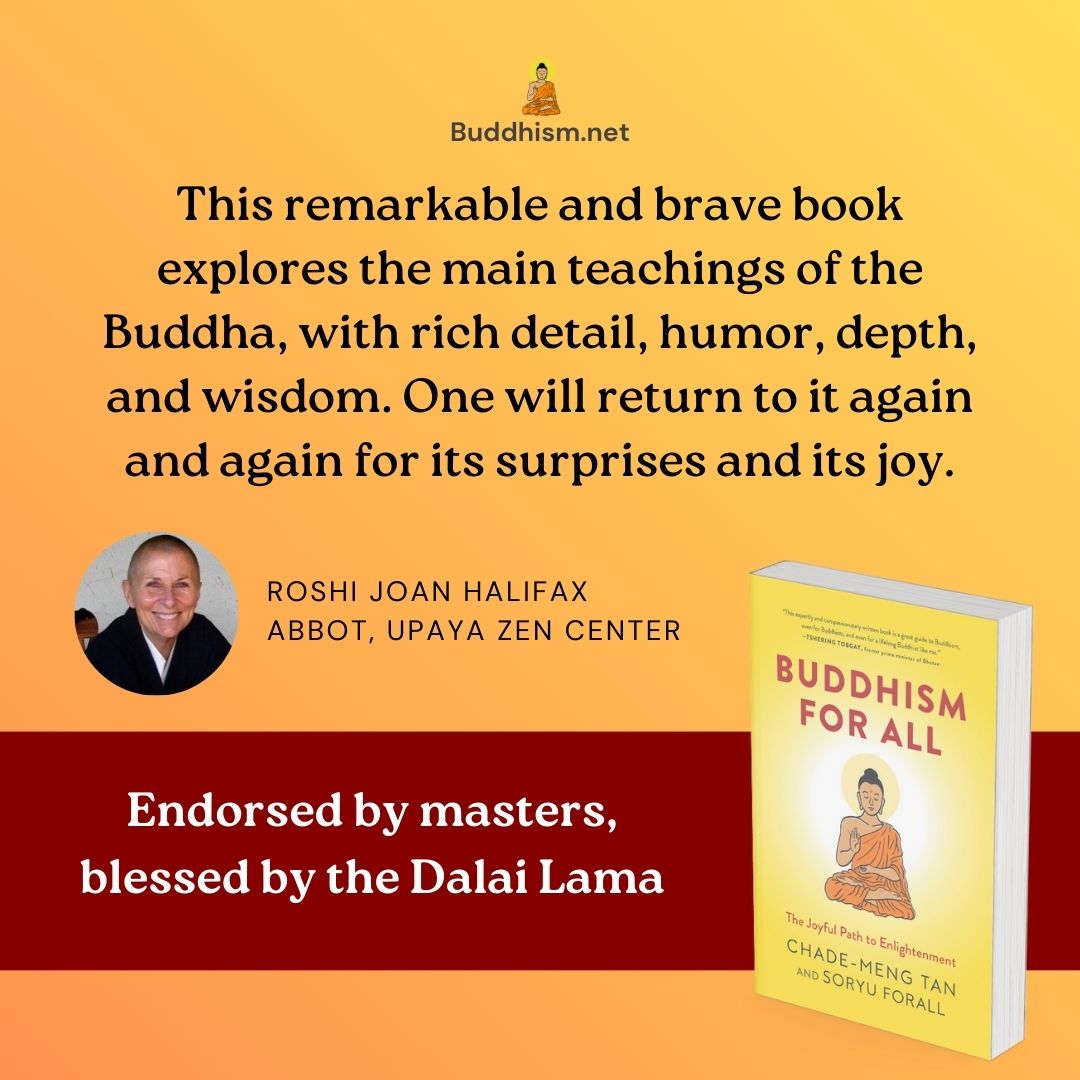
Buddhism is all about freedom and liberation. The final goal of Buddhist practice is total liberation from all suffering. But even before reaching that final goal, you will find yourself gaining freedom in many different ways at many different levels.
You may, for example, at some point find yourself liberated from boredom. As a Buddhist meditator, you may never suffer boredom again, because every moment of “nothing interesting happening” is an opportunity to indulge in the sweet peace and joy of meditation. Total freedom from boredom. You may later also find yourself liberated from having to feed your ego. Previously, you may find your happiness dependent on how much your ego is being fed. Your ego becomes a very cruel slave master who totally owns you. At certain points in your practice, you may find your inner happiness transcending the need to feed the ego and, right there, you have just unshackled yourself from a very cruel slave master. Freedom! The path toward enlightenment is filled with many joyous breakings of shackles, one after another.
Another dimension where you will find immense freedom is freedom of thought. You might expect a religion to force you to identify this way or that, or force you to blindly believe this or that. In Buddhism, your mind is set free. Well, more than that: the more advanced your training gets, the more you are required to think for yourself and to critically investigate the teachings presented to you. In other words, you are required to set your mind free.
To have a religion that is so freeing is very impressive. But even more impressive is the spread and longevity of any religion that is so deeply grounded in freedom. I mean, if a religion forces you to blindly believe in certain things and identify in certain ways and, in extreme cases, even imposes a death penalty upon people who convert to another religion, and then also wages wars to spread itself, then it makes perfect sense for that religion to spread and endure for a very long time. I mean, duh.
However, if you take a religion that encourages, even requires, practitioners to think for themselves, that does not force them to blindly believe in certain things nor identify in certain ways, and does not go to war to spread itself (and, lamer still, does not even have a god in whose name you can wage war), then for that religion to spread far and wide and last for thousands of years, there must be something really, really amazing about its teachings. And Buddhism is it.
Activities
Featured image by Colin Goh.

